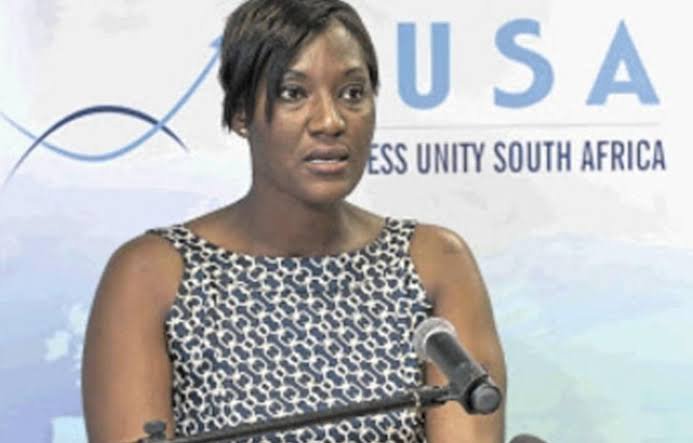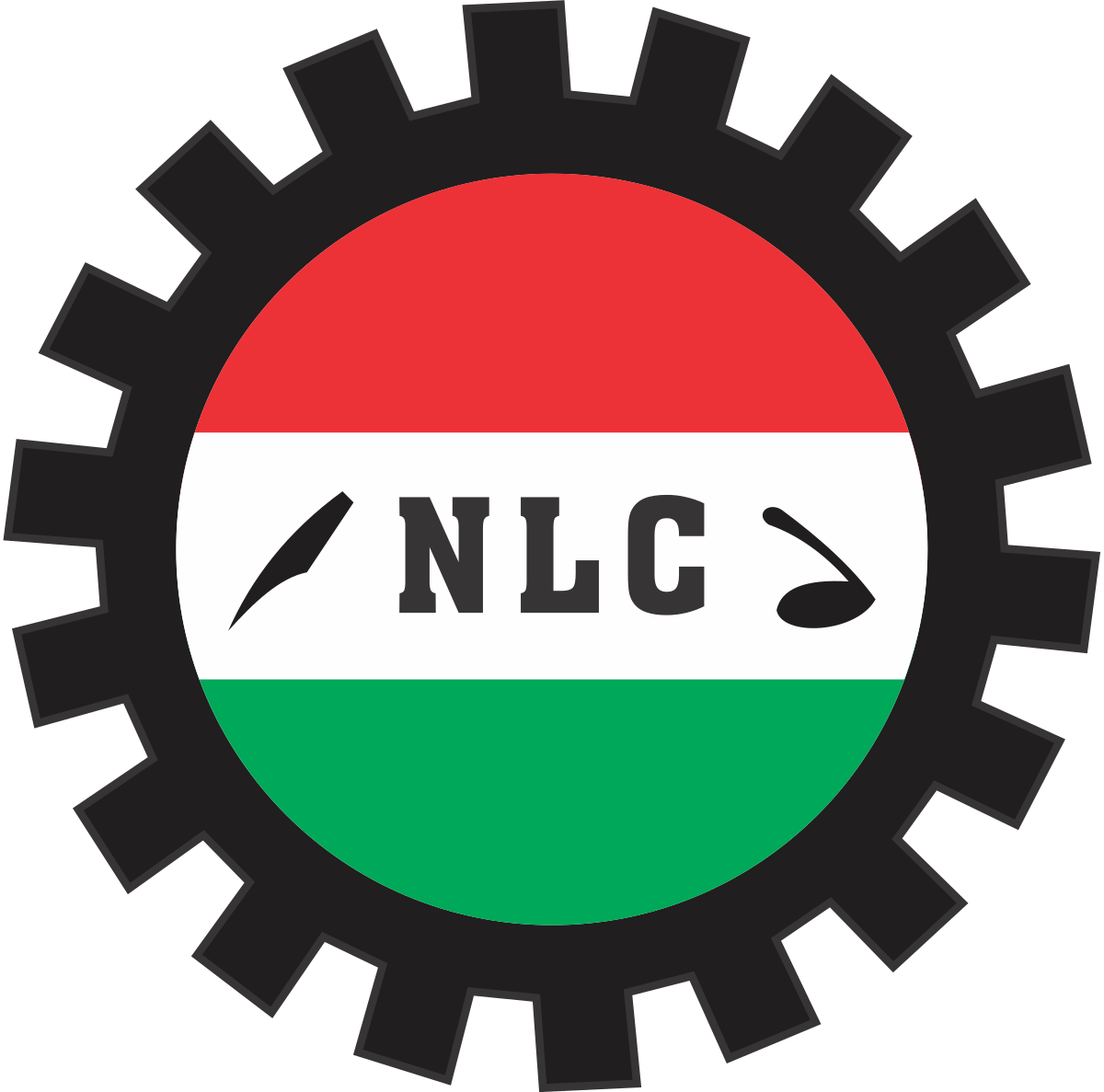
By Aluta News
Oct. 24, 2021
The International Labour Organisation (ILO) has declared its commitment to support the Federal Government to evolve a comprehensive social protection system, by strengthening the National Social Registry.
Ms Vanessa Phala, ILO Country Director for Nigeria, Ghana, Liberia and Sierra Leone, disclosed this at the end of a two-day training on “Shock-sensitive and social protection programming” on Saturday, in Lokoja.
The News Agency of Nigeria (NAN) reports that the “Training-of-Trainers” was organised for the National Social Safety Nets Coordinating Office (NASSCO) and the Federal Ministry of Humanitarian Affairs, Disaster Management and Social Development” with funding from the European Union (EU).
Phala said that the need for a comprehensive social protection system in the country had become more evident with the advent of the COVID-19 pandemic which exposed gaps.
She said coverage of the gaps required responsive programming, to ensure inclusiveness of all social groups in planning for interventions in crisis situations.
The Country director, who was represented at the occasion by Mr Emmanuel Danjuma, ILO National Project Officer, said that the capacity building programme was necessitated by the COVID-19 induced crisis, which revealed gaps in the coverage level of the social registry.
This, according to her, necessitated the project title, “Strengthening and expanding the National Social Registry (NSR) as a shock responsive social protection system in Nigeria”.
She noted that the ILO 2012 Convention 202 provided guidance for building a comprehensive social security system and extending social security coverage to all groups.
Shock protection programming needs to be comprehensive, where everyone is covered, so that in the event of future crisis, it won’t be an issue because the registry would have been robust enough to cover everyone.
“It is against this background that the European Union (EU) funded this project which the ILO is implementing in collaboration with the government and its agency, NASSCO, to evolve a strengthened and expanded National Social Registry.
“One of the key deliverables expected from this training is that after being trained, the participants are expected to step down the training to their colleagues at the zonal and state levels.
“We are looking at a more responsive social protection programming, with the integration of the poor and vulnerable groups in the society” she said.
Phala said this would make it easier for development partners, donor agencies, groups and individuals to easily access the poor and vulnerable people for interventions.
NAN reports that amongst the topics treated at the training were: Introduction to Gender, Social Inclusion and Gender-based violence; Overview of Social Protection; Shock-Responsive Social Protection Programmes; Mainstreaming Gender and Social Inclusion into Social Protection Programmes, among others.
NAN








